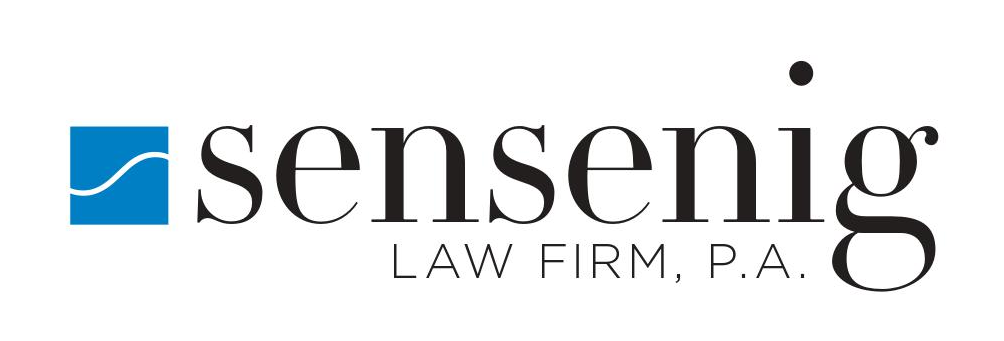What duty does an employer owe its employees when a non-employee such as a vendor harasses an employee?
An interesting case just came out of the 6th Circuit that’s likely to foreshadow similar decisions soon to come from our own 11th Circuit Court.
Some groundwork: did you know that, in most of the country, employers can be held liable for harassment directed against their employees by third parties¸ such as vendors, or even customers? Even in notoriously employer-friendly Florida! Well, as of August 8, 2025, this is no longer the case in Kentucky, Michigan, Ohio, or Tennessee, unless a court declares that the employer intended to allow such harassment, or at least been “willfully indifferent” to ongoing harassment.
The facts of the case declaring this new standard – Bivens v. Zep, Inc., 2025 U.S. App. LEXIS 20102, 2025 FED App. 0214P (6th Cir.), 2025 LX 317605, __ F.4th __, 2025 WL 2268029 – are as straightforward as we’ve seen in a long time. An employee on a routine sales call (“Employee”) was propositioned in a prospective client’s (“Client”) locked office. Employee refused Client’s advances and wisely reported Client’s harassment to her supervisor (“Supervisor”). The Supervisor reassigned Employee to ensure she would never have to meet with Client again, but shortly thereafter, Employee was terminated as a part of an unrelated reduction-in-force.
Employee sued for sexual harassment, and for retaliation. Her retaliation claim failed for technical reasons unrelated to the issue at hand, so we’ll focus on the harassment claim.
The Court declared that, for Zep, Inc. (“Employer”) to be liable for sexual harassment, it must have either “desired” such harassment to occur or had been “substantially certain” that such harassment would occur. Absent either finding, Employer was off the hook.
Now, while this decision isn’t necessarily unreasonable on its face – Employer had no agency over Client’s unseemly actions and acted immediately to ensure Employee never had to interact with Client again – it does validate our (and many other legal scholars’) concerns over the Supreme Court’s dismantling of “Chevron deference,” which previously required courts to defer to agency interpretations of laws within their purview. In plain English, that means that courts used to have to defer to the EEOC for civil rights laws, to the EPA for environmental protection laws, to the DOL for wage and hour laws, etc..; in this new Administration, all bets are off as the law is frequently evolving these days.
It is a safe bet that the conservative 11th Circuit will eventually side with the 6th Circuit in establishing a new standard for third-party harassment claims, which standard will require employee-plaintiffs to demonstrate that the harassment was either “desired” by the employer, or “substantially certain” to occur, in cases where the alleged harasser was not actually employed or engaged by the employer.
Prompt remedial action put this employer in a very defensible position.
